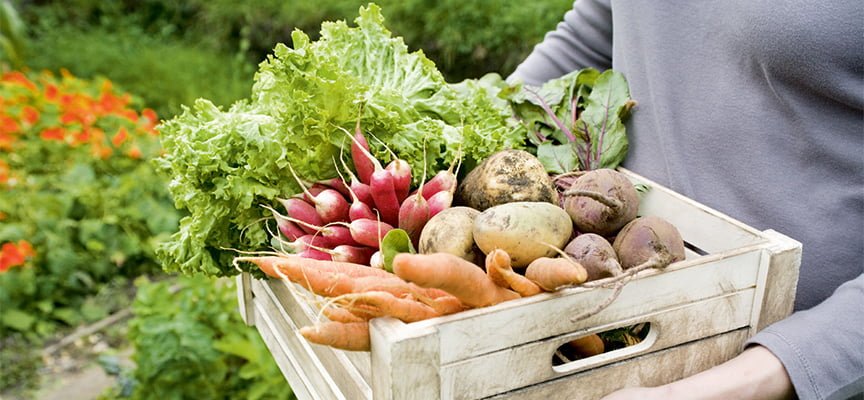Economist of the Investment Department of the Food and Agriculture Organization of the United Nations (FAO) Andriy Yarmak for the Comments.ua edition commented on several experts’ statements that the problem of storing vegetable crops is acute in Ukraine.
“Talking about vegetables, if the statement that the problem of storing them “is acute” was true, then we would not have had extremely low prices for vegetables and potatoes (below the cost of growing) for three years in a row, after which many manufacturers got out of this business entirely.
The rise in prices for some types of vegetables and potatoes in the last and the year before last was precisely the result of the fact that many producers left this business.
Also, if there was even a grain of truth in this statement, we would not have a situation every three seasons, when in the spring, onions, carrots, and other goods are simply thrown into a landfill after storage, because no one needs them even for a penny,” the expert explains.
According to Andriy Yarmak, there are enough storage capacities in Ukraine, but there are many storage problems. And they start with the fact that vegetables and potatoes are not stored by themselves. It is not enough to build the most modern storage facility to preserve the products. The specialist believes that it is necessary to change the growing technology and adapt it for growing vegetables and potatoes for storage. “Besides, you need to learn how to remove them on time, you need to know how to store and modify them properly.
Also, the problem is that our storage capacities are unevenly distributed. There are many small producers, and they either have no storage facilities at all, or they are primitive and inefficient. The reason is banal – it is not profitable for a small entrepreneur to build storage. Effective modern storage starts from 1500 tons of one-time storage, taking into account the project’s costs and infrastructure for the storage.”
Andriy Yarmak highly appreciates the fact that FAO, EBRD, and industry associations “have moved the block of cooperation from their place and were able to convince everyone to adopt the new Law.” However, this is only the first small step.
“Shifts in the minds take a long time, and it is necessary, first of all, for the state to do this because the main sellers of vegetables and potatoes (they also store products) in the world are cooperatives.
You also need to understand that a vegetable storage or potato storage cannot be a separate business because it never pays off. The fact is that prices in spring can be even lower than during harvesting. And if you bought for 1 UAH and sold for ten kopiyka coins, then, obviously, the business is unprofitable. After all, there are still considerable operating costs. Thus, storage is always an integral part of the business of growing and selling vegetables and potatoes,” claims Andriy Yarmak.
“And the main thing is that the problem of vegetable growing and potato growing is the lack of systematic work on export,” the expert said. “Without export-oriented projects, we will always have a price swing because vegetables are an inexpensive product. If there are a little fewer vegetables than is needed for the domestic market, you have to import, which means you have to pay for shipping, traders’ margin, which results in rapidly increasing prices. If there are a little more vegetables, then the situation is even worse when no one knows how to export, and they are taken to the landfill,” the expert explained.
The economist of the FAO Investment Department emphasizes that the organization of exports should start with the study of promising markets, market windows, consumer preferences. And then, customization of the production, storage, packaging, and logistics come to the fore. There is a need to build long-term relationships with customers.
“Why are there carrots from Australia and potatoes from the USA in Dubai, but no Ukrainian products? Why did we once begin to conquer Poland onions market, but now we have almost completely left the world market? Why are the products of such terrible quality even in our stores (not all, but mostly)?
Thus, storage isn’t a problem at all. There is enough capacity, but there is no system, no strategy, and very few systemic enterprises,” sums up Andriy Yarmak.
The use of the site materials is free if there is a direct and open for search engines hyperlink to a specific publication of the East-Fruit.com website.




